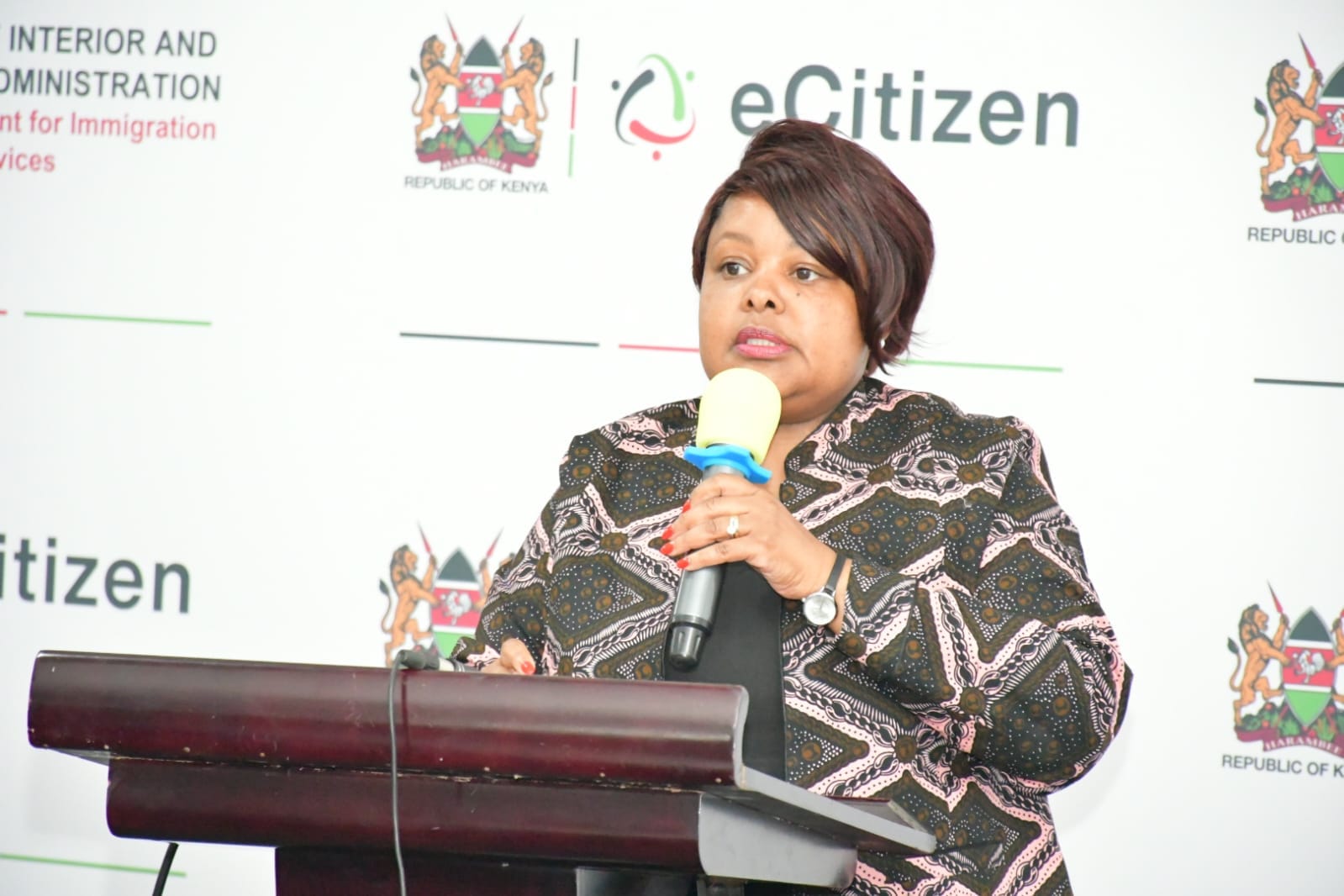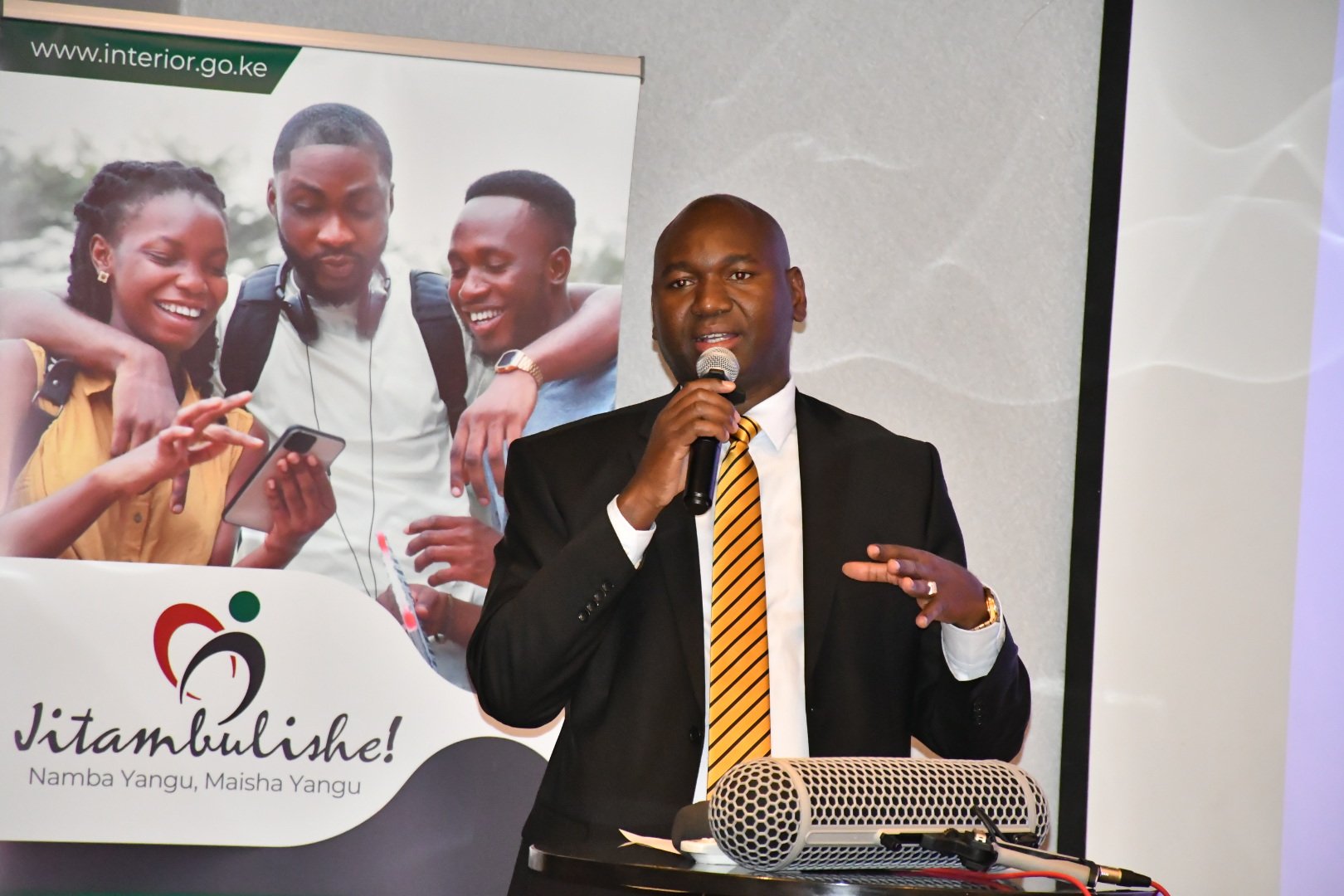Seventeen CEOs heading various Kenyan government agencies have been summoned to account for their failure to adhere to a presidential directive mandating the use of eCitizen, the country’s online portal for accessing government services.
The summoned executives include the leaders of the Kenya Revenue Authority, Kenya Power and Lighting Company, Kenya National Examination Council, and the National Hospital Insurance Fund. Others who have received summons comprise the Higher Education Loans Board, the Hustler Fund, and the Agricultural Finance Corporation.
Cabinet Secretary Mercy Wanjau, who presides over the e-Citizen Implementation Committee, announced that these 17 CEOs are expected to appear before the committee next week.
Additionally, the heads of Kenyatta National Hospital, Kenya Bureau of Standards, Kenya Ports Authority, National Cereals and Produce Board, National AIDS Control Council, Mathari Referral and Teaching Hospital, Kenya Railways Corporation, Kenya Ferry Services Limited, Kenya National Trading Corporation, and the Kenya School of Government have also been called to explain their non-compliance.
Wanjau stated that the summons were issued in response to a letter she sent on August 4, demanding compliance or an explanation.
During a meeting in Syokimau, Machakos, on Tuesday, Wanjau also confirmed that principal secretaries of the state departments overseeing these agencies and board chairs will be in attendance. She emphasized, “Following discussions that have taken place, these state corporations have been invited for a meeting on Tuesday at 9 a.m., and this meeting is to be attended by the CEO, the Chair of the board, and the PS, who is the accounting officer.”
These summonses came on the heels of a warning from Julius Bitok, the principal secretary for Immigration and Citizen Services, who cautioned that the heads of these agencies could lose their positions for their failure to declare all eCitizen revenues.
An analysis has revealed a significant difference between potential eCitizen revenue and the declared amounts, suggesting that funds might be diverted, Bitok said. Preliminary investigations also indicated that cash payments were being deposited into accounts not associated with eCitizen.
Bitok urged, “Let it not be you who finds yourself unable to comply and has to explain, and sometimes, you may even have to lose your job because you cannot fulfill your obligations.”
Wanjau clarified that although agencies were initially granted exemptions from closing pay bills and routing payments through the 222222 eCitizen paybill, they were still obligated to meet the December 31 deadline.
“The exemption was granted on the condition that they needed time, but they must still align with the digitalization process without disrupting their services,” she explained.
On June 30, President William Ruto launched eCitizen services and instructed agencies to transition to online platforms and use the 222222 paybill by the end of the year. He highlighted concerns about the government’s inability to track some paybill numbers, and the introduction of a single 222222 paybill was expected to enhance revenue transparency.
Wanjau accused some agencies of undermining revenue transparency by maintaining open bank accounts and promoting unofficial payment channels.














